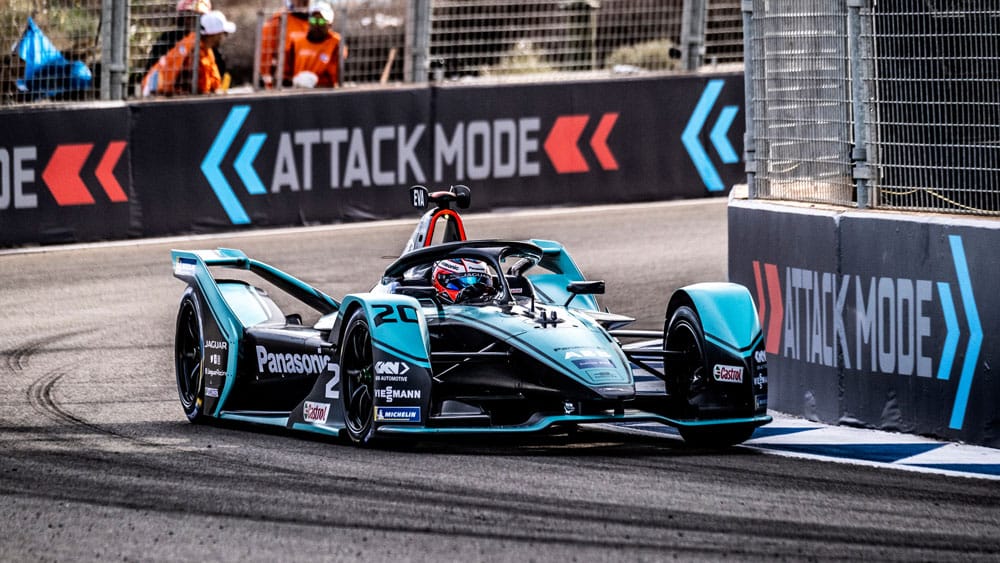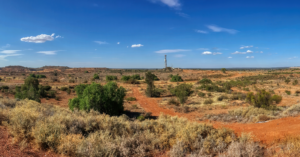
JAKARTA’S INAUGURAL ePRIX AND THE ROAD TO A CLEAN EV SUPPLY CHAIN
The hosting of the ePrix by Jakarta last weekend sits comfortably with Indonesia’s ambitions to become a main, if not the dominant player in the development of the global electric vehicle industry; from the supply of critical metals to the production of the vehicles themselves.
Indonesia is fortunate to possess the world’s largest reserves of nickel, a crucial metal contained in the majority of battery cells which power EVs. Since the implementation of the ban on direct shipping of ore on 1 January 2020, the government has pursued a policy of encouraging the development of downstream activities which increase the value of the components produced, introduce new skills, create more jobs, and deliver economic benefits to the country. On 11 March 2022, President Joko “Jokowi” Widodo said “Seven years ago, our raw material nickel export reached $1-1.5 billion. Because we stopped exporting, there came industrial downstream, industrialization. In 2021, our nickel export rose to $20.8 billion because [we have turned them] to semi-finished or finished products.”
Western governments and companies have, however, been slow and even reluctant to engage with Indonesia in the development of a secure supply of the metals essential for the implementation of their EV objectives. China, on the other hand, has been quick to invest in processing plants that can deliver products for both its stainless steel industry, and its burgeoning EV industry. However, it is worth noting that the products of Chinese-owned processing plants in Indonesia are all shipped to China, as China currently has a virtual monopoly on the refining of those products.
Unfortunately, much of the more recent investment has gone on to build plans which have at least one inherent flaw, as far as the environment is concerned, which is the production of considerable quantities of tailings (by one estimate, as much as 5 tonnes of tailings for each EV manufactured). This necessitates the construction of tailings dams, or the disposal of tailings in the sea (something which the Indonesian government has wisely banned). Furthermore, some of the processes being used in Indonesia are major producers of greenhouse gas emissions.
There are technologies, like Altilium’s DNi Process™, which process ore and achieve zero waste. Given that the initial processing of the ore is where the most environmental damage is likely to occur, and the most waste material generated, then this pioneering process is a good start to developing a cleaner supply chain. Thereafter, other stages of the supply chain need to focus on their environmental impact.
In order to promote the development of downstream processing, the government is now considering applying a tax on exports of certain products which do not meet a minimum level of refinement (e.g. 60% nickel content). This would encourage the further development of the EV battery supply chain. Eventually, the government wishes to see EVs themselves built in Indonesia.
The supply chain involves several steps: mining – processing – refining – cathode manufacturing – cell manufacturing – module assembly – pack assembly – vehicle. In the near-term, Indonesia can reasonably expect to see the expansion of processing and the development of refining plants and, perhaps, cathode manufacturing. The question is who will do this, and what technologies will be applied. Any technology which does not leave behind any waste product clearly has the edge over older, polluting technologies. The issue then becomes whether those with an interest in obtaining battery metals are also willing to adopt new technology. For an innovative industry, there is an absence of true entrepreneurs willing to invest in innovative technology, at least as far as ore processing is concerned.
As a primary objective of the shift to EVs is to improve the environment – cleaner air in cities, for example – it would be ironic if the technologies employed to achieve those objectives caused environmental damage. That is both the risk and the opportunity.
So, the hosting of the ePrix on the 4th of June was symbolic for Indonesia. It is a demonstration of the country’s interest in and commitment to the electrification of transportation. It is also appropriate that the country with the world’s largest reserves of some of the key metals needed to deliver the mass adoption of electric vehicles, is pursuing policies to increase the likelihood that the global targets for EV sales will be met. Without the metals required for the batteries, neither ePrix nor EVs will get far!


